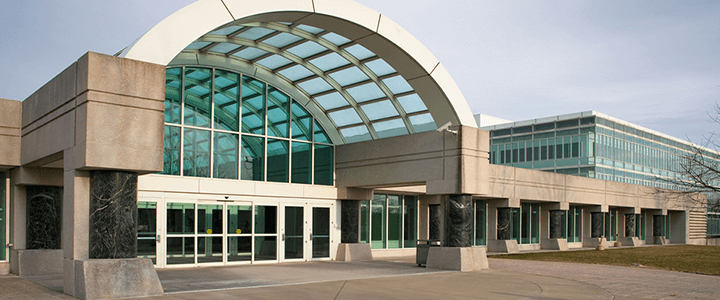She’s Courtney Simmons Elwood, and thanks to the Senate Select Committee on Intelligence’s bipartisan support—a testament in itself, some would argue, of her high quality—Elwood’s the Central Intelligence Agency’s next General Counsel. In her opening statement to Congress she noted the requirements of an intelligence job – and why her past prepares her for this new future at the CIA. Here are a few highlights about Elwood to help you begin to get to know her.
TO START
Elwood’s appropriately brief (1,000 words) opening written statement to the Select Committee and her responses to the Committee’s written and follow-up written questions, not to mention the confirmation hearing itself tell her story in great detail.
Who is she? For her, national security is a family tradition. Her “Greatest Generation” father fought in World War II, Korea, and then Vietnam before committing himself to learning, and sharing, the hard lessons of warfare. Her mother was a Foreign Service Officer. “The lessons around our kitchen table were about personal responsibility, honor, and valor,” she writes, “And we heard stories about America’s place in the world, as a force for good.”
ROAD TO THE TOP
One day, she was working at Pier One Imports in Alexandria, VA. Another day, managing a swimming pool. On another, serving in the U.S. Environmental Protection Agency’s Office of Toxic Substances. She served at the United States Attorney’s Office, clerking for Supreme Court Justice William Rehnquist, and, finally became partner at one of DC’s premier legal offices. Elwood served in both the Office of the Attorney General and the Office of the Counsel to the President. On September 11, 2001, she was in the White House when planes started falling from the skies.
SECURITY EXPERIENCE
“Most notably,” Elwood writes, “I was among the small number of White House staff members who worked with members of the intelligence and law-enforcement communities, alongside Members of Congress and their staffs, to draft legislation to ensure that law enforcement and the intelligence community had the tools needed in the fight against terrorism. That legislation became the USA PATRIOT Act.” Elwood is intimately familiar with the Foreign Intelligence Surveillance Act, the constitutionality of national security programs, detention and rendition, and other national security policies.
CIA VALUES
Elwood has a high opinion of the CIA. According to Elwood, both unwavering integrity and independence are important values in her role as CIA General Counsel. “When the law or circumstances require, I have told clients and superiors things that they did not want to hear,” Elwood writes. However, in her view, abiding by those values is not a matter of corrosive relationships. Indeed, Elwood abides by Chief Justice Rehnquist’s principle that “it was possible to adhere to your principles without alienating those who hold different views,” a refreshing perspective at a time when a sort of in-your-face rhetoric dominates politics.
CHECKS & BALANCES
In Elwood’s view, our constitutional system of checks and balances is important to the integrity of governance. “To allow the Congress to discharge its duties and provide that important feedback,” Elwood writes, “the Director of the CIA has the affirmative duty to keep the congressional intelligence committees fully and currently informed of intelligence activities and covert actions, including any significant anticipated intelligence activity and any significant intelligence failure, to the extent consistent with due regard for the protection from unauthorized disclosure of certain exceptionally sensitive matters.”
Likewise, Elwood argues, “The President also has a statutory obligation to ensure that the congressional intelligence committees are kept properly informed, including an obligation to ensure that any illegal intelligence activity is reported promptly, along with any corrective action that has been or is planned in connection with such activity.”.



